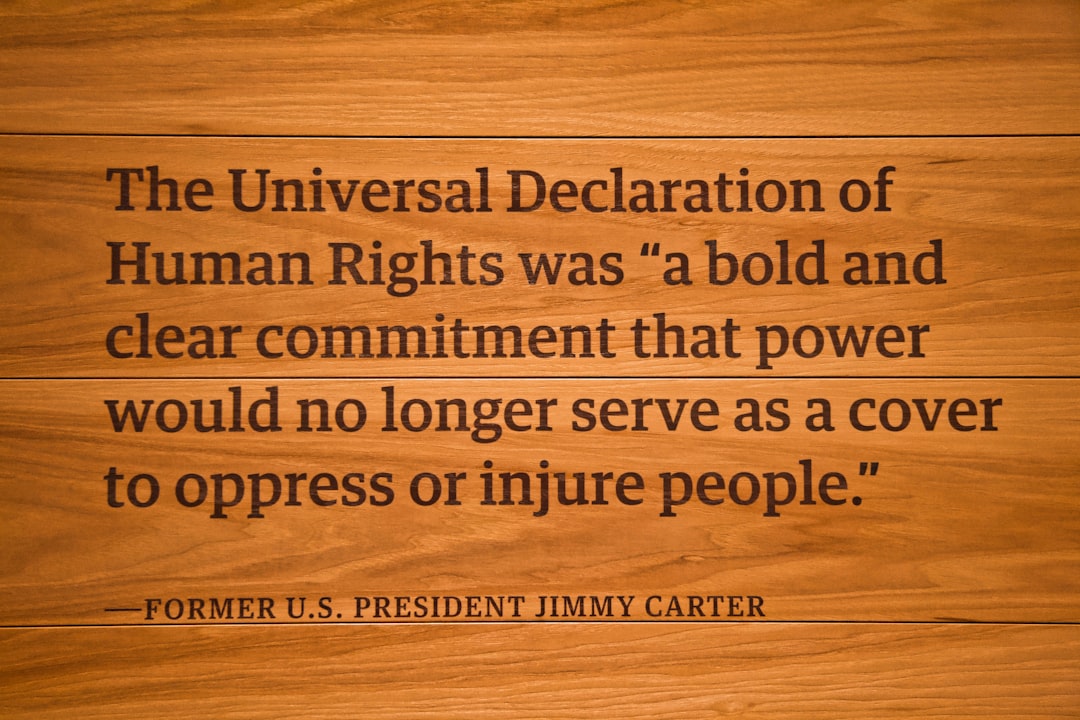What is it about?
This paper argues that Epicene, Jonson's first public play after being made official court masque writer, is unusually optimistic about the possibilities of drama. The play explores the possibility of creating an authentic personality through performance, an idea that Jonson is often hostile towards. However, Jonson's flirtation with this pro-theater perspective was short lived. For complex reasons, Lady Arbella's complaint about the play led Jonson to once again grow cynical about the possibilities of the public stage. These vacillating perspectives, I argue, can be traced within the two different prologues, which offer two very different perspectives on playing, play going and the theater
Featured Image
Why is it important?
This paper both helps explain Jonson's hostility to the theater.
Read the Original
This page is a summary of: Dauphine Was Right: Masques, the Authenticity of (Un)Performed Identity, and the Two Prologues ofEpicene, Ben Jonson Journal, November 2015, Edinburgh University Press,
DOI: 10.3366/bjj.2015.0136.
You can read the full text:
Contributors
The following have contributed to this page










